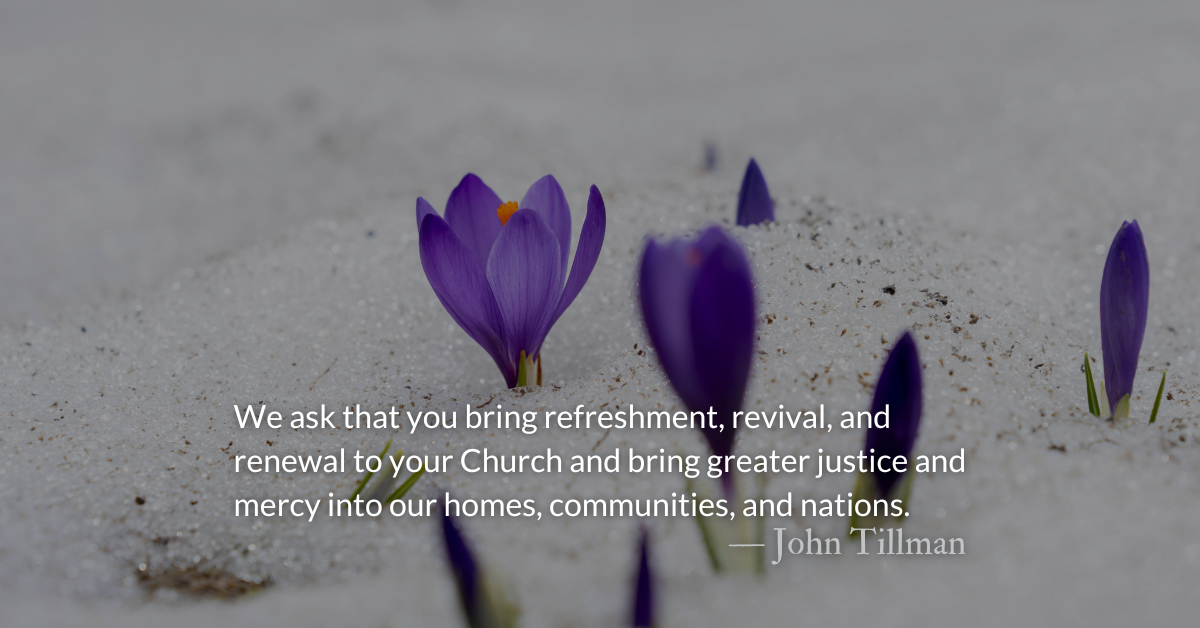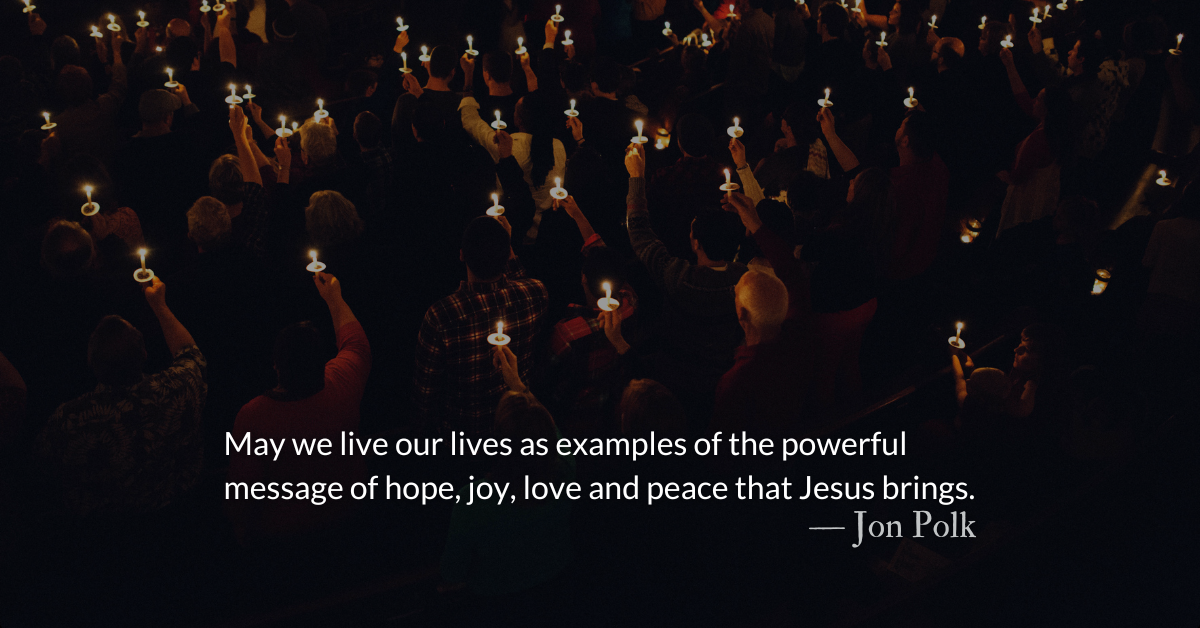Links for today’s readings:
Jan 29 Read: Job 31 Listen:(4:16) Read: Psalms 13-14 Listen: (1:43)
Scripture Focus: Psalm 14.2-3
2 The Lord looks down from heaven
on all mankind
to see if there are any who understand,
any who seek God.
3 All have turned away, all have become corrupt;
there is no one who does good,
not even one.
Reflection: We Need Renewal — Worldwide Prayer
By John Tillman
In Psalm 14 we see a picture of a searching God. He is searching, looking, hoping to see someone, anyone who is searching and looking for him. No one is. All have turned away to something else.
Sometimes when we read in the scriptures that there is no one who does good, we fool ourselves by thinking we are the exception. But God is clear. We are all corrupted and broken.
The scripture says we do not seek God, but instead have turned away to corruption. That corruption is the reason there is no one who does good—even the good we do is corrupted.
Each one of us desperately needs the renewal and redemption entreated by both the above Psalm and the prayer below.
A prayer for renewal from the USA:
Father,
We praise you for your Son who broke into history and through his life, crucifixion, and resurrection enables us to break out of our fallenness. We rejoice in the gift of His Spirit who leads us into abundant and eternal life.
Please forgive our failures in thought, speech, and action, those we omit as well as those we commit. We ask that you bring refreshment, revival, and renewal to your Church. Please visit the world again and again with awakenings by your Spirit that will sweep humanity into your Kingdom and bring greater justice and mercy into our homes, communities, and nations.
May our worship, witness, and work be prompted and empowered by the Spirit of Jesus. Grant that our assemblies and quiet moments be avenues of praise to the Triune God and guidance and power to God’s people in this our day of opportunity. We draw near to you and listen for the words of comfort and challenge that you know we need.
Source: Prayer from Hallowed be Your Name: A collection of prayers from around the world, Dr. Tony Cupit, Editor.
Divine Hours Prayer: The Refrain for the Morning Lessons
Blessed are they which do hunger and thirst after righteousness, for they shall be filled. — Matthew 5.6
– From The Divine Hours: Prayers for Autumn and Wintertime by Phyllis Tickle.
Read more: Ache for Renewal
It is good for us to work…grow…or upgrade…But there is a danger of enacting a secular (and selfish) ritual of self-improvement.
Consider Supporting Our Work
Streaming services serve up entertainment. We provide a stream of living water with our ad-free biblical devotionals. Consider becoming a donor to support our work.






